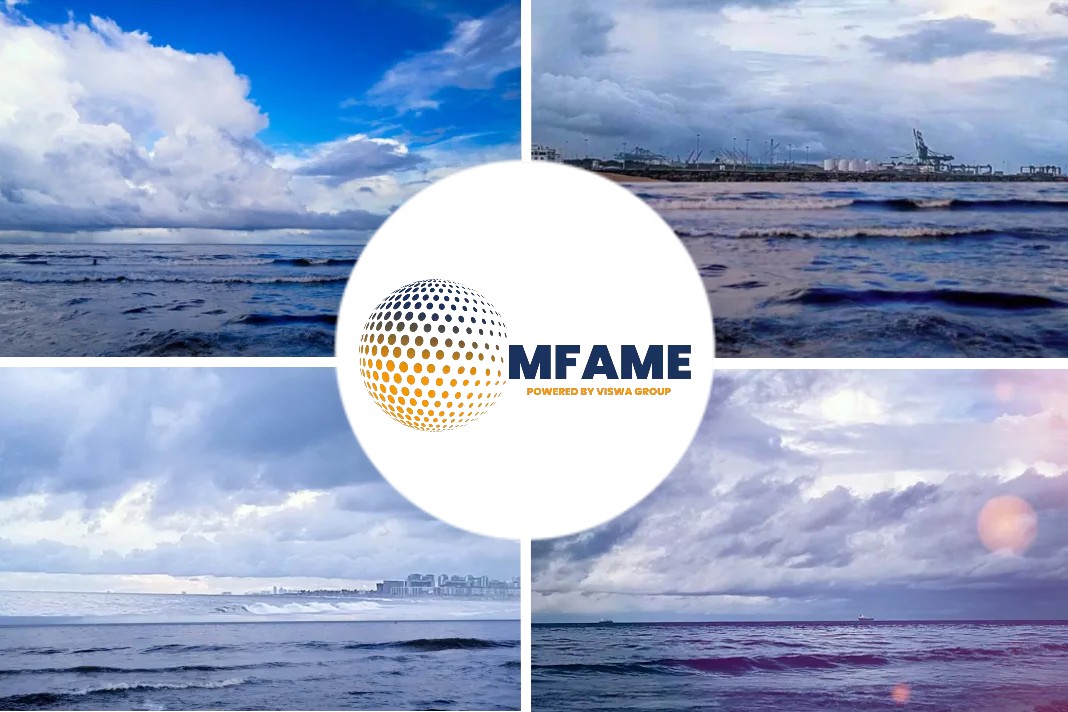Demand for proactive disclosure of environmental data is increasing and customers have raised their awareness of the importance of calculating and reducing the environmental impact such as CO2 emissions generated in transport activities because their efforts on reducing the environmental load on their supply chains contribute to improving their social evaluations and positions, says a press release published in MOL website
The Press release by Mitsui O.S.K Lines goes onto explain the environmental impact of shipping including the policies that govern it and the measures taken by the company for sustainable shipping. Today we are highlighting that issue.
“At the same time investors recognize that businesses whose activities produce GHG emissions may be imperiling their corporate value more than ever due to various policies and regulations to address the environmental issues such as the escalation of global warming, and growing concern among consumers, says the press release.
Clean Shipping Index (CSI)
The Clean Shipping Index is an environmental assessment tool for ships and shipowners, used by a network of cargo owners and forwarders (customers) when buying sea transport. Ship owners present the environmental performance on emissions of CO2, sulfur oxides, particulate matter and nitrogen oxides and the use and handling of chemicals, waste and waste water. Vessels are then ranked from ‘low performance’ to ‘good performance’. With the information collected, the cargo owners and forwarders evaluate the ship owner in the procurement process. In line with MOL’s target to “Actively Disclose Environmental Data”, MOL started reporting in CSI in 2013.
Clean Cargo Working Group(CCWG)
The global nonprofit organization “Business for Social Responsibility (BSR),” which works with containership owners, container shipping customers, and non-vessel operating common carriers, has established the Clean Cargo Working Group (CCWG) in 2003. CCWG measures, evaluates, and reports the Ship owner environmental performance including CO2, NOx, SOx and Environmental Management System. MOL has been participating since 2012.
CDP
CDP is a U.K.-based non-governmental organization that represents 827 institutional investors all over the world. It holds about $100 trillion in total. It sends specific questionnaires asking about strategies on climate change and on greenhouse gas emissions to companies. Answers and scores of the results are publicly announced around the world, and the scores are becoming a key indicator in measuring corporate value. MOL has responded to CDP’s inquiries every year, and was recognized for “B” in FY2018.
MOL Group’s Environmental Data (As of March 31, 2019)
Energy Consumption
C oil/A oil: sed mainly for vessel fuel
Energy consumption: The energy equivalent of heat originated from C oil, A oil, electricity, municipal gas and other energy consumed.
Greenhouse Gas Emissions
- Scope 1: CO2 emissions originating mainly from A oil and C oil used as fuel in vessels
- Scope 2: CO2 emissions originating mainly from electricity consumption
- Scope 3: CO2 emissions originating mainly from when the capital goods and/or ship’s stores are produced, fuels the vessels used are generated etc.
* Scope3 data of FY2016-2017 has been adjusted retrospectively for category change.
Other Resources
Waste:Mainly vessels sold to be scrapped; recycled at scrapping yards
Water:The volume of water used in offices. Most of the water used in vessels is made from seawater and recycled
Eco Sailing Initiatives
Onshore Initiatives
Data scope
- MOL Group consolidated subsidiaries in Japan and overseas.
- Excludes some small offices Noted areas such as “(MOL)” are limited to that scope
Major Environmental Indicator
Environment Investment Amount (Unit:¥ billion)
Third-party Verification of CO2 Emission Data
MOL acquired third-party verification by SGS Japan, Co., Ltd. to ensure the fairness, accuracy, and transparency of FY2018 CO2 emission data included in this report. The verification was conducted based on ISO14064-3:2006.
Through the third-party verification, they will identify issues and enhance their efforts to further reduce CO2 emissions.
Did you subscribe to our daily newsletter?
It’s Free! Click here to Subscribe!
Source: MOL






























